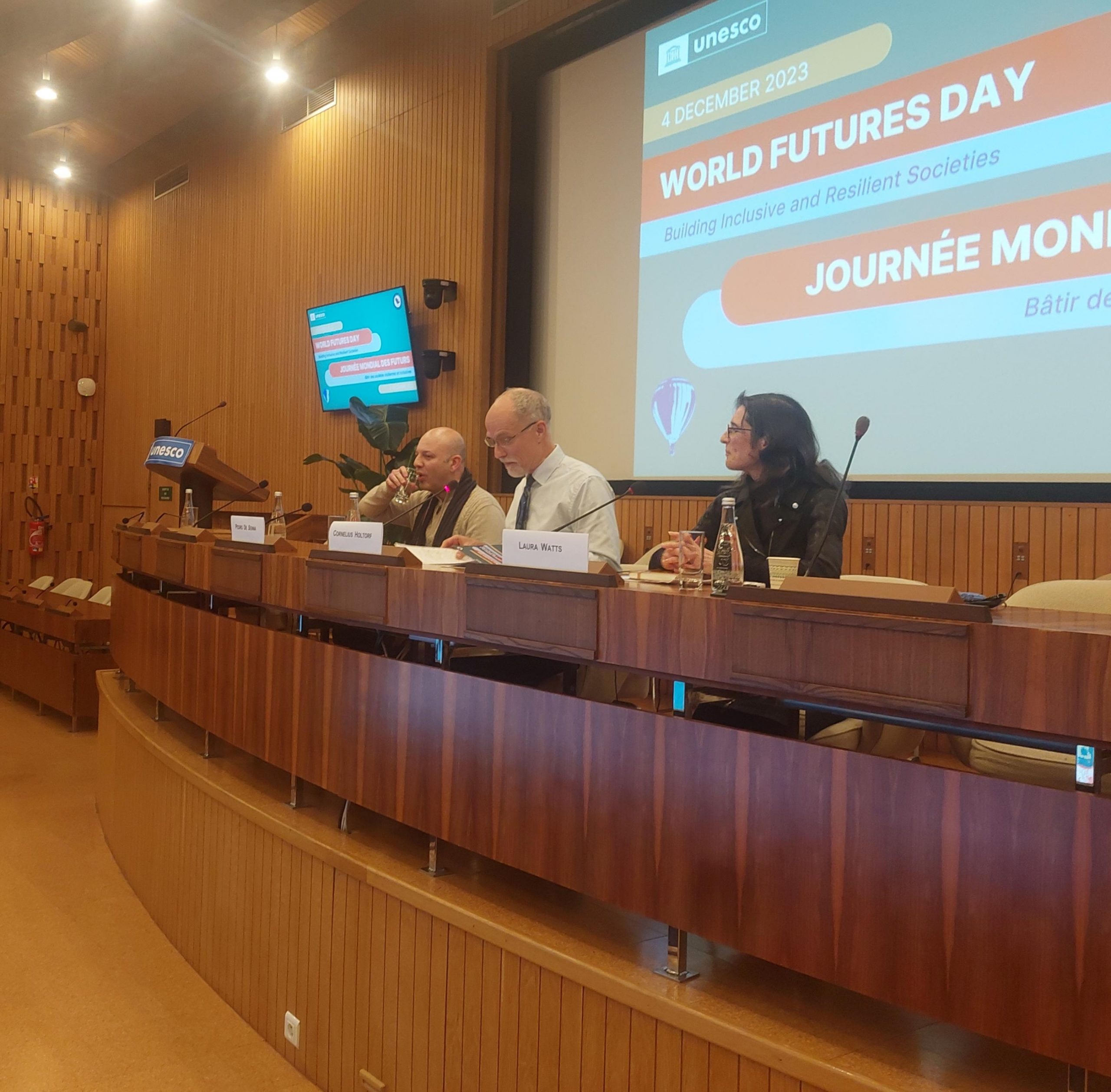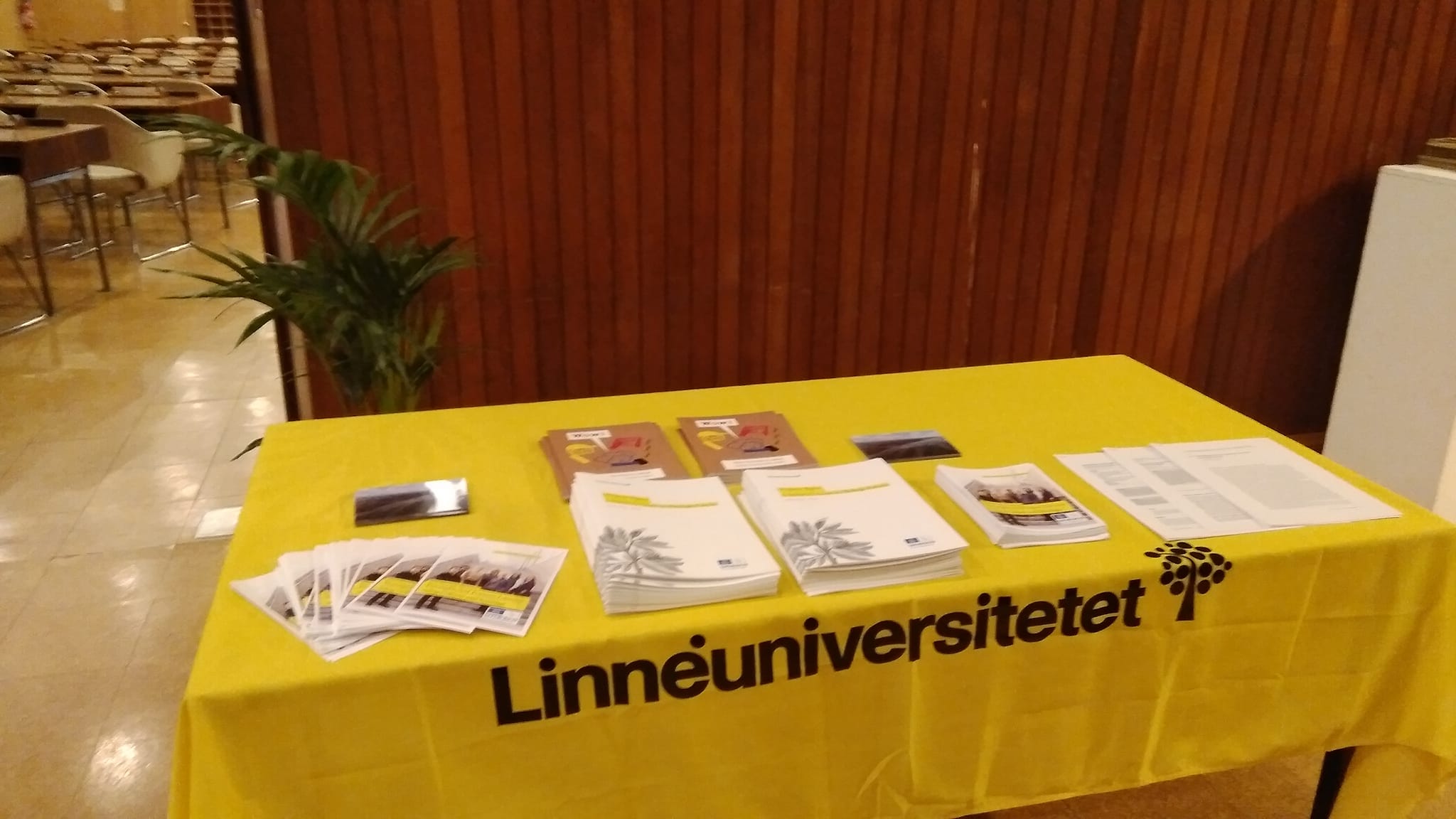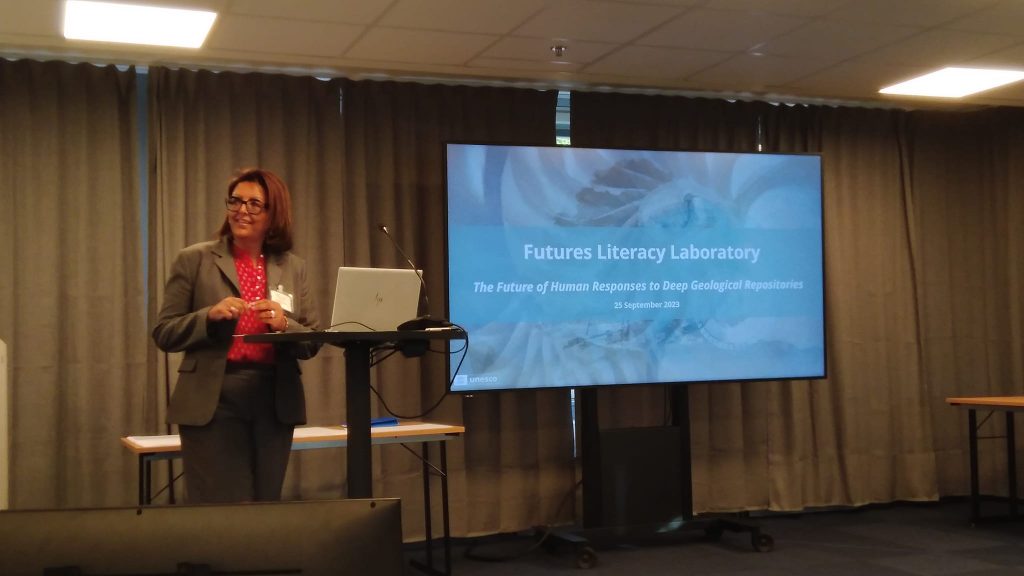UNESCO MOST Winter School
2025-02-27
I was lecturing this week on ”The Climate Heritage Paradox – towards a paradigm shift in cultural heritage” for an audience of 70+ physical and online participants coming together for the 7th UNESCO MOST Winter School held at the Institute of Advanced Studies in Köszeg (iASK), Hungary.
On the same panel were also also Gábor Soós, Secretary-General of UNESCO Hungary, Klaus Wölfer, former Ambassador of Austria, Anna Zeichner of ICCROM, and Tamás Fejérdy of ICOMOS and iASK, among others
The meeting was organised in collaboration with the UNESCO Chair for Cultural Heritage Management and Sustainability held by Professor Ferenc Miszlivetz at the University of Pannonia, Hungary.

The Climate Heritage Paradox – towards a paradigm shift in cultural heritage
For the cultural heritage sector to address adequately the global challenges of climate change, it needs to resolve the Climate Heritage Paradox which consists of two conundrums. Firstly, in contemporary society, when humanity anticipates and prepares for climate change and associated transformations, cultural heritage predominantly looks backward and emphasizes identities and continuities over time. Secondly, when humanity on Earth needs panhuman solidarity, trust, and collaboration to be able to face enormous global challenges together, cultural heritage is still managed and interpreted within frameworks of regional/national governance. There is, therefore, a need for developing new understandings of cultural heritage that (a) are predominantly about stories of change and transformation rather than continuity and spatial belonging, and (b) express a need for humanity to collaborate globally and overcome national boundaries. Such a paradigm change in cultural heritage will protect and enhance the benefits of cultural heritage for the future in the age of climate change.











[…] The new funding for this and a number of additional smaller projects, means that the Climate Heritage Network is…
[…] Chair on Heritage Futures « Culture, cultural heritage and COP26 […]
[…] mer på Unescoprofessurens blogg http://blogg.lnu.se/unesco/?p=1061 Besök Öland 2050! […]